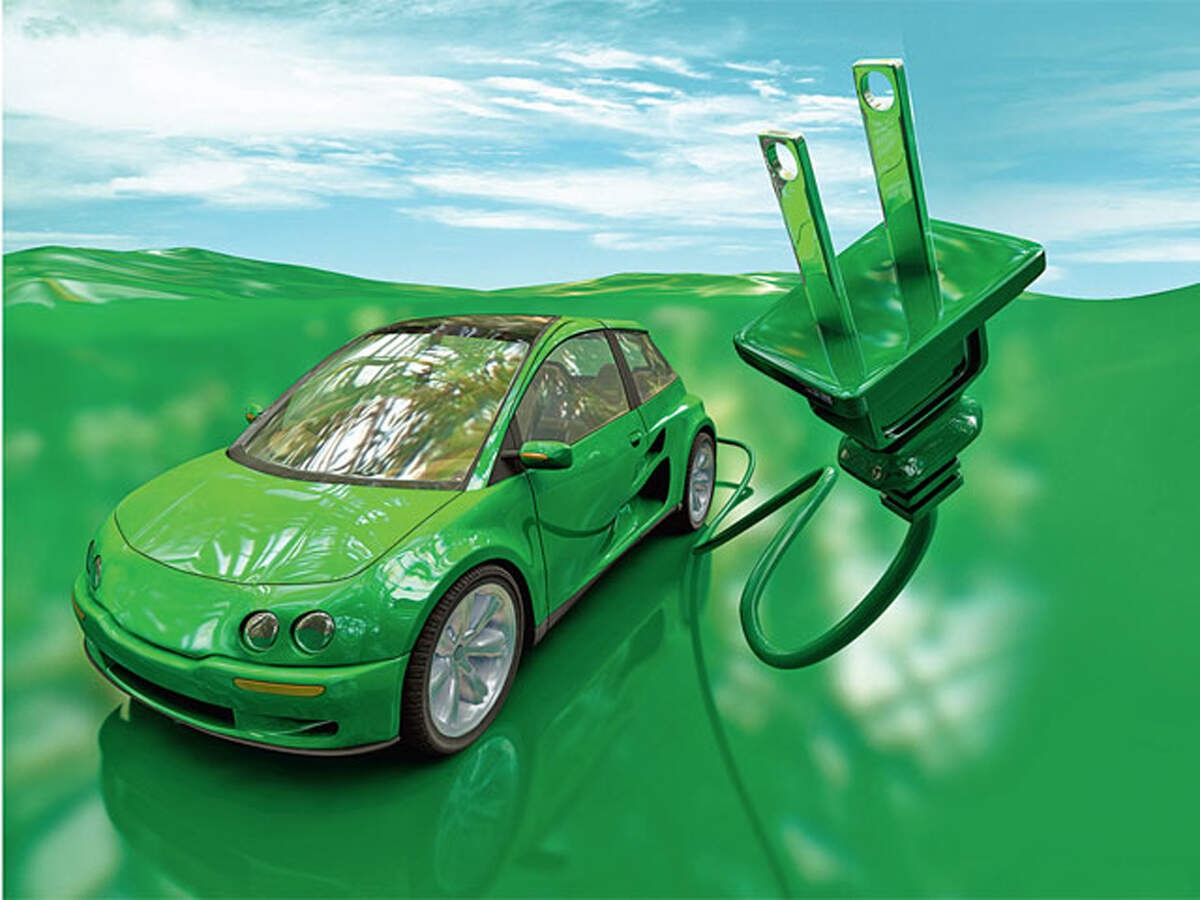Understanding the Environmental Impact of Electric Cars
The environmental implications of electric vehicles (EVs) extend beyond their tailpipe emissions, necessitating a comprehensive evaluation of their entire life cycle. This assessment includes the sourcing of raw materials, the manufacturing processes, and the end-of-life management of batteries. While electric cars are renowned for being cleaner alternatives to traditional gasoline vehicles in terms of operational emissions, their overall ecological footprint can be significantly influenced by the components that comprise them.
One crucial aspect to consider is battery production. The manufacturing of lithium-ion batteries involves the extraction of minerals such as lithium, cobalt, and nickel. These processes can be highly energy-intensive and environmentally damaging, leading to habitat destruction and water pollution. Furthermore, the mining and processing of these raw materials often occur in regions with lax environmental regulations, exacerbating their ecological impact.
Moreover, during the operational life of an electric car, the source of electricity used for charging plays a pivotal role in determining its environmental benefits. If the energy is derived from fossil fuels, the greenhouse gas emissions associated with electric vehicle usage can significantly offset their advantages. In contrast, when powered by renewable energy sources like solar or wind, EVs can drastically reduce their carbon footprint.
Finally, the end-of-life management of electric vehicle batteries must be addressed. While the recycling of batteries can recover valuable materials and reduce environmental hazards, the current infrastructure for battery recycling is still developing. Inefficient disposal can lead to toxic leachates affecting soil and water quality. Therefore, understanding these factors is vital not only for consumers but also for policymakers who aim to promote truly sustainable transportation solutions.
Evaluating Battery Technology and Sourcing
As electric vehicles (EVs) gain popularity, understanding the intricacies of battery technology becomes imperative for informed purchasing decisions. The predominant battery technology in today’s electric cars is lithium-ion, renowned for its high energy density, which allows for longer range and efficient energy storage. However, alternative technologies such as solid-state and lithium-sulfur batteries are emerging. These alternatives promise greater safety, efficiency, and longevity but are still in the developmental stages. Evaluating these options is essential for consumers who prioritize eco-friendliness and innovation.
In addition to battery type, the sourcing of materials used in their production holds significant environmental implications. Lithium, cobalt, and nickel are critical components of lithium-ion batteries. The extraction of these minerals can result in severe ecological degradation if not managed responsibly. This poses challenges, particularly in regions where environmental regulations may be lax. Consumers should seek manufacturers who are committed to ethical sourcing practices, ensuring that the minerals are obtained from suppliers who adhere to sustainable methods and contribute positively to local communities.
Not only does responsible sourcing help mitigate negative environmental impacts, but it can also contribute to social sustainability by preventing exploitation in mining areas. In light of these factors, understanding a car manufacturer’s supply chain transparency and sustainability initiatives becomes essential. Many companies are now outlining their commitments to ethical sourcing and product lifecycle management to cater to environmentally conscious consumers.
Moreover, advances in recycling technologies present a promising avenue for reducing the environmental footprint of batteries. Efficient recycling methods can reclaim valuable materials from old batteries, thus minimizing the demand for newly mined resources. By supporting manufacturers that invest in both battery technology innovation and recycling development, consumers can play an integral role in fostering a more sustainable automotive future.
Assessing Energy Sources for Charging
When selecting an eco-friendly electric vehicle (EV), understanding the energy sources used for charging is imperative. The sustainability of EVs largely depends not only on the vehicle’s design and efficiency but also on the energy utilized to charge them. This section explores the distinction between renewable energy sources—such as solar, wind, and hydroelectric power—and traditional fossil fuels, highlighting their respective impacts on emissions and the environment.
Renewable energy sources are crucial for reducing the overall carbon footprint of electric vehicles. For instance, solar panels harness energy from sunlight, wind turbines convert wind currents into electricity, and hydroelectric systems utilize flowing water to generate power. When EVs are charged using these green energy sources, they contribute to significant reductions in greenhouse gas emissions compared to those charged with fossil fuels like coal or natural gas. The latter generates higher levels of carbon pollution and other harmful emissions, negating some of the environmental benefits that electric cars are intended to provide.
In assessing the sustainability of electricity supplies in different regions, consumers should investigate the energy mix of their local utility providers. Many regions offer incentives for utilizing renewable energy, including rebates for installing solar panels at home or programs that allow EV owners to charge their vehicles using solar power. Home charging solutions play a vital role in this equation, as they allow owners to directly employ sustainable energy in powering their cars. By investing in renewable sources or aligning with energy providers committed to green practices, EV owners can significantly enhance their vehicle’s environmental benefits.
Ultimately, choosing an electric vehicle that can be charged with renewable energy not only supports a sustainable lifestyle but also promotes a broader shift toward a cleaner energy future. Understanding energy sources helps consumers make informed decisions that align with their environmental values.
Making Informed Choices: Key Features to Look for in an Eco-Friendly EV
When selecting an eco-friendly electric vehicle (EV), there are several key features that consumers should prioritize to ensure they are making a well-informed choice. One of the primary factors to consider is the energy efficiency rating of the vehicle. This rating provides insights into how much energy the car consumes in relation to its driving range and can significantly impact both performance and running costs. Higher energy efficiency translates into less electricity usage and reduced overall environmental impact, making it a crucial aspect of eco-friendliness.
Another important feature is the vehicle’s recyclability. Eco-conscious consumers should inquire about the composition of the materials used in the EV’s manufacturing. Some manufacturers are now incorporating recycled materials in their production processes, which can substantially reduce the carbon footprint associated with vehicle production. Additionally, understanding how much of the car can be recycled at the end of its life can further enhance its sustainability credentials.
Prospective buyers should also investigate the sustainability pledges made by the manufacturer. Many automotive companies are increasingly committing to sustainability through eco-friendly production practices, reductions in greenhouse gas emissions, and use of renewable energy sources in their factories. Evaluating these pledges can help consumers align their purchase with companies that prioritize environmental stewardship.
Furthermore, participation in carbon offset programs is another indicator of a manufacturer’s commitment to sustainability. These programs often help mitigate the carbon emissions associated with vehicle production and operation. By supporting brands involved in such initiatives, buyers can contribute positively to global sustainability efforts.
To make the best-informed decision, potential electric vehicle owners should gather information from reliable sources, including evaluations from independent environmental organizations, consumer reports, and reviews from current EV owners. This research can aid in identifying the most eco-friendly electric car that aligns with their values and lifestyle.


No responses yet